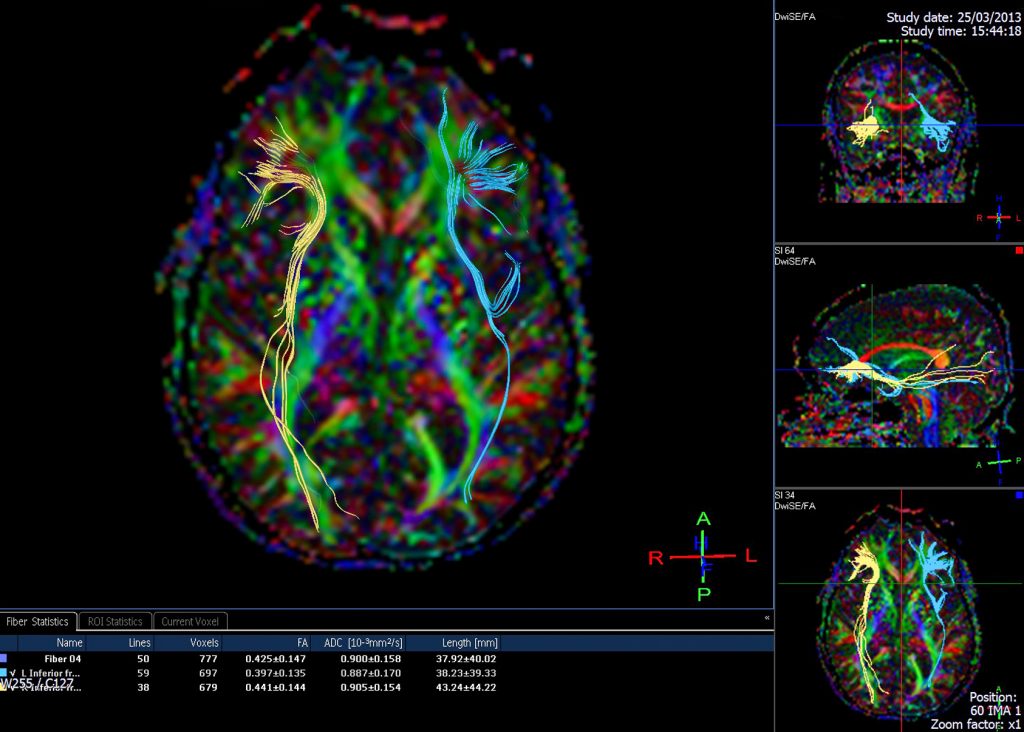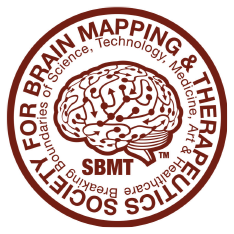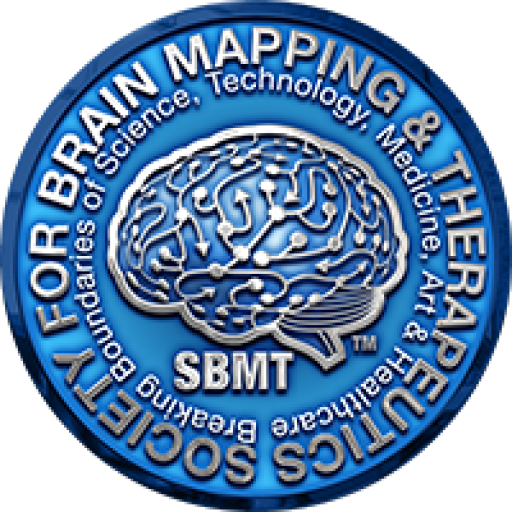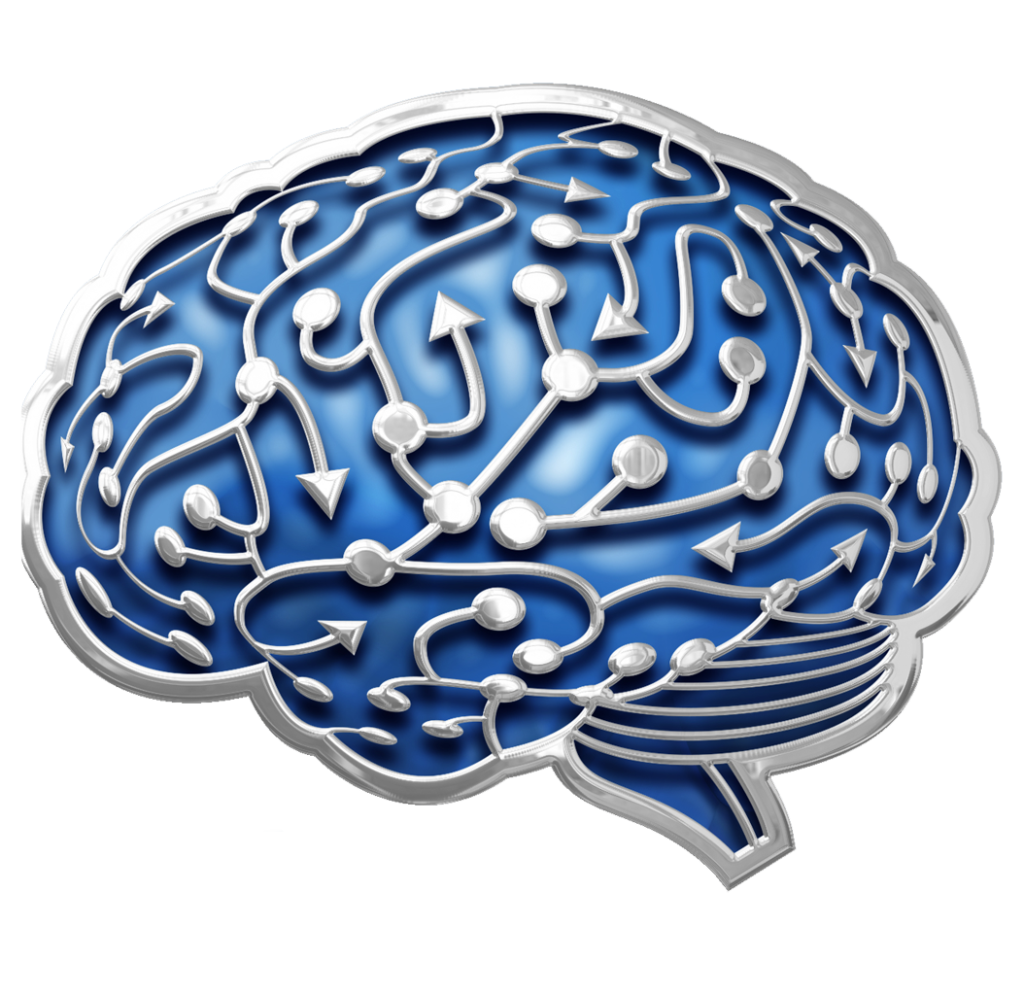
Clinical and Research Applications: Uses in Trauma, Developmental Disorders, and Psychiatric Conditions
Objective: To understand the diverse clinical and research applications of Diffusion Tensor Imaging (DTI) in studying brain trauma, developmental disorders, and psychiatric conditions.
DTI in Trauma:
- Traumatic Brain Injury (TBI):
- TBI often results in damage to white matter tracts. DTI is used to assess the extent of these injuries by visualizing disruptions in white matter integrity. It provides important information about the severity of the injury and potential recovery patterns.
- Example:
- In patients with mild TBI (concussion), DTI has been used to detect subtle changes in white matter that may not be visible on traditional MRI scans, helping to understand long-term effects and guide rehabilitation.
2. Post-Traumatic Stress Disorder (PTSD):
- Studies using DTI in PTSD patients have revealed changes in the connectivity of brain regions involved in emotion regulation and memory processing, such as the amygdala and prefrontal cortex.
DTI in Developmental Disorders:
- Autism Spectrum Disorder (ASD):
- DTI is used to examine the white matter integrity in children with ASD. Research suggests that disruptions in the connectivity between certain brain regions may contribute to the behavioral symptoms of ASD, such as social communication deficits.
2. Attention-Deficit/Hyperactivity Disorder (ADHD):
- In ADHD, DTI can provide insight into how alterations in white matter tracts affect executive functions like attention, impulse control, and working memory.
DTI in Psychiatric Conditions:
- Depression:
- DTI studies have shown changes in white matter integrity in regions like the anterior cingulate cortex, which is involved in emotion regulation. These changes may underlie the persistent mood disturbances seen in depression.
2. Bipolar Disorder:
- Research using DTI in bipolar disorder has demonstrated abnormal connectivity in areas responsible for mood regulation, contributing to both the manic and depressive episodes characteristic of the disorder.
Real-World Example:
- Neurodegenerative Diseases:
- DTI is also used to monitor the progression of diseases like Alzheimer’s and Parkinson’s, tracking changes in white matter integrity and helping to evaluate treatment efficacy.
Case Study:
Stroke Recovery:
- In stroke patients, DTI is used to monitor recovery by assessing the restoration of white matter tracts that are crucial for motor and cognitive functions.
Source: Clinical Applications of DTI




